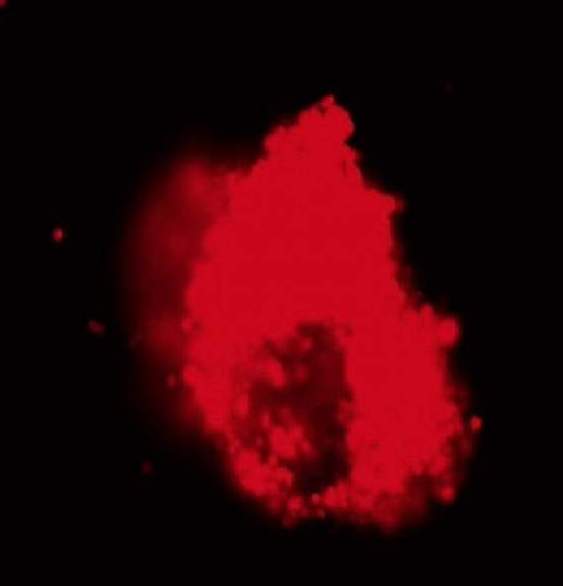
Lung cancer therapy that’s ‘obliterated’ the disease in mice is set for UK trial
An experimental treatment that, in some cases, completely obliterates lung cancer in mice is to be tested on NHS patients later this year. The pioneering combination of stem cells and gene therapy will be first given to human volunteers to confirm it is safe - and then to 56 patients to see if it is effective. If successful, the treatment could dramatically increase survival rates for lung cancer, which kills around 34,000 people a year in the UK. The treatment uses stem cells that are taken from a donor and altered to activate an anti-cancer gene called TRAIL.
Lung cancer is very difficult to treat because the vast majority of patients are not diagnosed until the cancer has spread to other parts of the body. If clinical trials are successful, our treatment could be transformative for the treatment of lung cancer, and possibly other types of tumour in future.
Lead scientist Professor Sam Janes, a Wellcome Trust senior research fellow at University College London
Patients will receive almost a billion of the cells over three infusions, three weeks apart. The stem cells naturally migrate towards the tumour. Once there, they switch on a kill pathway in the cancer cells, destroying the tumour but leaving healthy tissue untouched. Tests on mice show that the cells reduce and, in some cases, completely clear tumours. The next stage of human trials has been made possible by £2m biomedical Catalyst funding from the Medical Research Council. Patients will receive chemotherapy at the same time.
Lung cancer kills more men and women than any other cancer and improving the outcome for patients with this terrible disease is one of the biggest challenges we face.
Dr Chris Watkins, director of translational research at the MRC

Health lung cancer